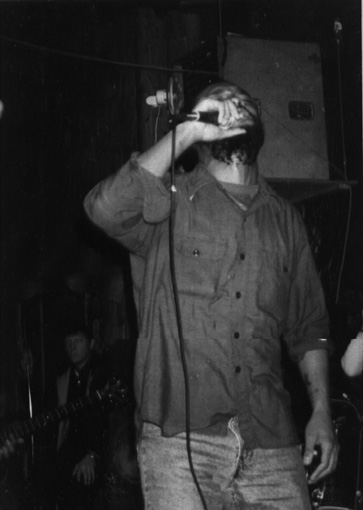
Kerosene 454 were a fantastic quartet out of Washington, DC. I’m pretty sure I have a tape somewhere around here with a soundboard recording of a show they played at NYU in 1997. Maybe not. Either way, they were a tremendous band who don’t get talked about nearly as much as they should. (Fun facts: the guy who wrote their bio on AllMusic would go on to co-found Kickstarter.) As a bonus, bassist John Wall was also one of the folks behind the excellent label Slowdime, who released plenty of music that challenged expectations about what punk-rooted DC music could sound like.
Also, please note young me’s awkward attempts to summarize the DC punk sound. “[T]here’s something in the music that sort of identifies some bands as being from DC.” You could have phrased that better, young me.
After this interview, the band would release one more album, At Zero, before calling it a day. Members went on to play in groups like Oswego and Office of Future Plans.
This interview first appeared in the third issue of Eventide.








